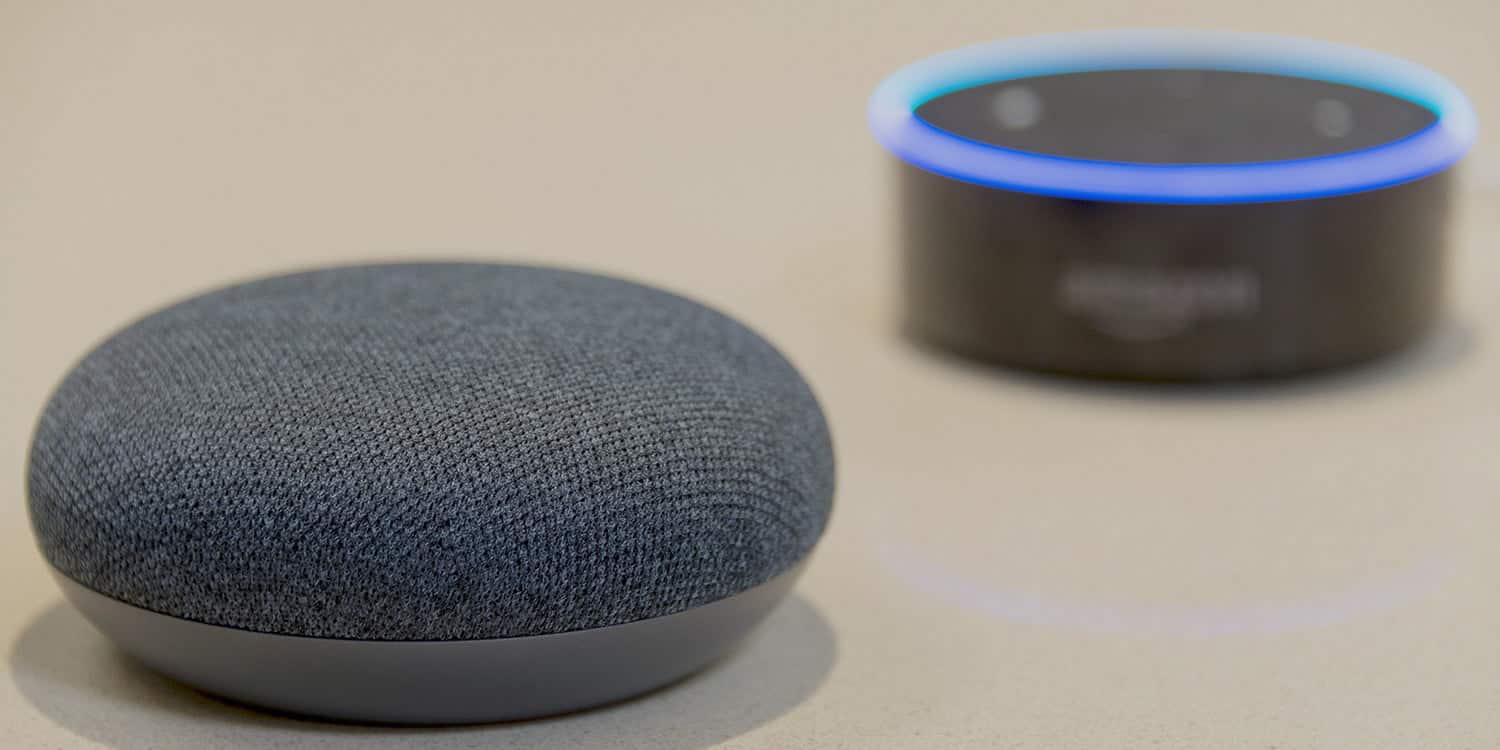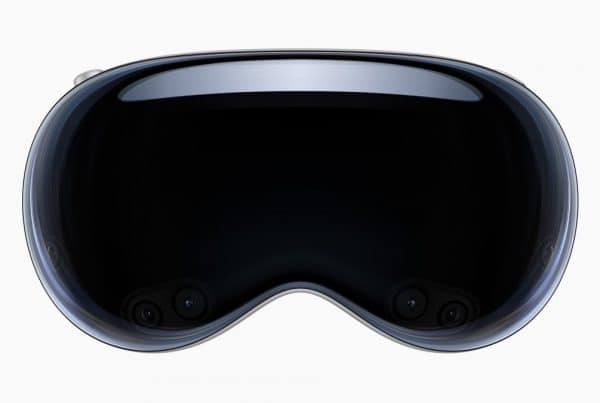“Alexa, what’s on my schedule today?” is something you may start hearing more often as Amazon’s virtual assistant starts to invade the workplace. You can already ask Alexa basic business requests. As more business-related skills for Alexa become available, she’s might become one of your colleagues. Here is a quick overview of what you need to know about Alexa and other virtual assistants for business.
Alexa Leading the Consumer Market
When Amazon announced it’s first-gen Echo speaker back in 2014 it was way ahead of its competitors. Google’s Home (2016) and Apple’s HomePod (2018) are latecomers to the party. And thanks to that head start Amazon’s Echo has 69% of the U.S. smart speaker market, with Google holding around 25% of the market. Apple’s HomePod wasn’t available at the time of the research, provided by Voicebot.ai. And it looks to hold that leading position, even though the battle against Google and Apple is in its early days.
Knock-On Effect
With such a hold on the consumer Market, we could see it flow over into the professional market too. When the first-gen iPhone inadvertently launched the Bring Your Own Device (BYOD) phenomenon. While 38% of professionals said they’ve used a digital assistant like Alexa or Siri for personal reasons, only 11% have done so for professional uses. 62% of organisations expect virtual assistants to have a place in their companies within two years. This could soon be a reality as Amazon and Microsoft announced a collaboration back in August 2017. Both companies promised that Alexa would be able to speak to Cortana and vice versa. At this point, with Alexa’s dominance among customers, it’s probable that Alexa would be the popular choice in the workplace?
Always listening
However useful and efficient voice is, not everyone is happy with an always listening smart speaker. Privacy is the main concern for most whilst others worry about the security of the Internet of Things (IoT).
They raise many issues within a professional environment. Do they comply with privacy clauses? If you use Alexa Skills or Google Assistant actions are they secure. Can anything “heard” by a device be used as evidence? And these are the costs of adopting a new technology. The extent of the risks are unknown and anyone wanting to experiment with them should do so thoughtfully.
Amazon’s Competitors
Alexa isn’t the only voice out there. Google Assistant, Siri and Cortana are all available on different platforms. Of course, Google Assistant, which lives on the company’s devices, represent the biggest threat to Alexa’s reign at the top. And for one reason, Google’s artificial intelligence prowess.
In contrast, Siri’s integration into all Apple devices and the new HomePod and continues to improve. However, Apple focuses on consumer products rather than business products. I wouldn’t discount Apple’s potential. Apple is one of the world’s most valuable brands – right behind Amazon.







